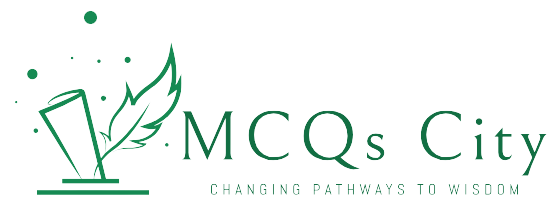

A. the chaos of informal organizations
B. the compulsion to work in offices
C. the developing power of officials
D. politicians abuse of power and influence
A. the rules could be upheld at all cost even in the face of a better solution
B. people know they should be guaranteed fair and consistent treatment
C. adherence to the rules takes precedence over organizational goals
D. workers are not encouraged to be flexible in making decisions
A. polycentric
B. egocentric
C. geocentric
D. ethnocentric
A. de-differentiation
B. network economy
C. political corruption
D. social capital
A. primary group
B. secondary group
C. out-group
D. formal organization
A. Stimulus-response psychology
B. Drive psychology
C. Trait psychology
D. None of these
A. bureaucratic organization could become prohibitively expensive to run
B. social organization could become too efficient
C. democracy could become a sham if bureaucrats held real power
D. bureaucratic officials may be able to abuse their power
A. an army barracks
B. a prison
C. an asylum
D. a school
A. polycentric
B. ethnocentric
C. heliocentric
D. geocentric
A. surveillance
B. meritocracy
C. bureaucracy
D. transnational organization